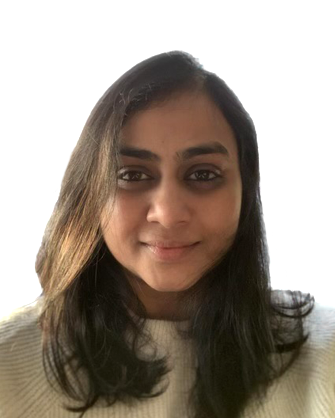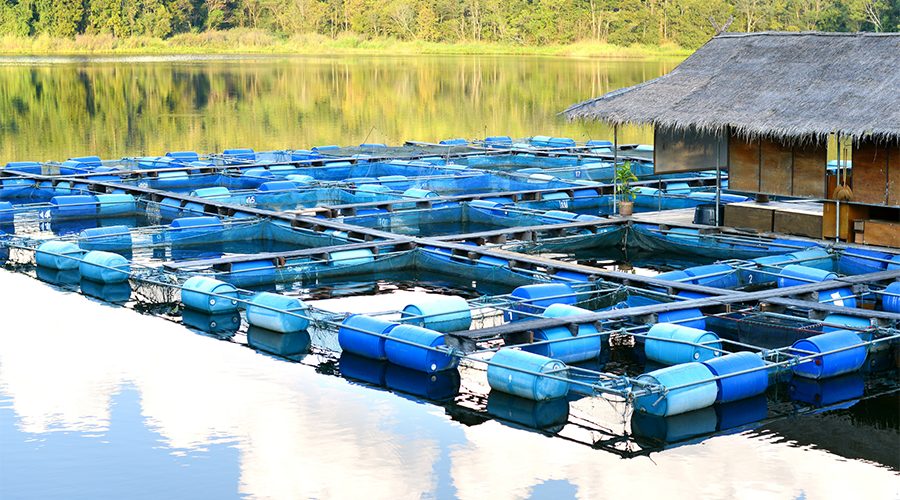Global Alliance Africa hosts the first Global Aquaculture Knowledge Exchange and Showcase event in Ekiti State, Nigeria
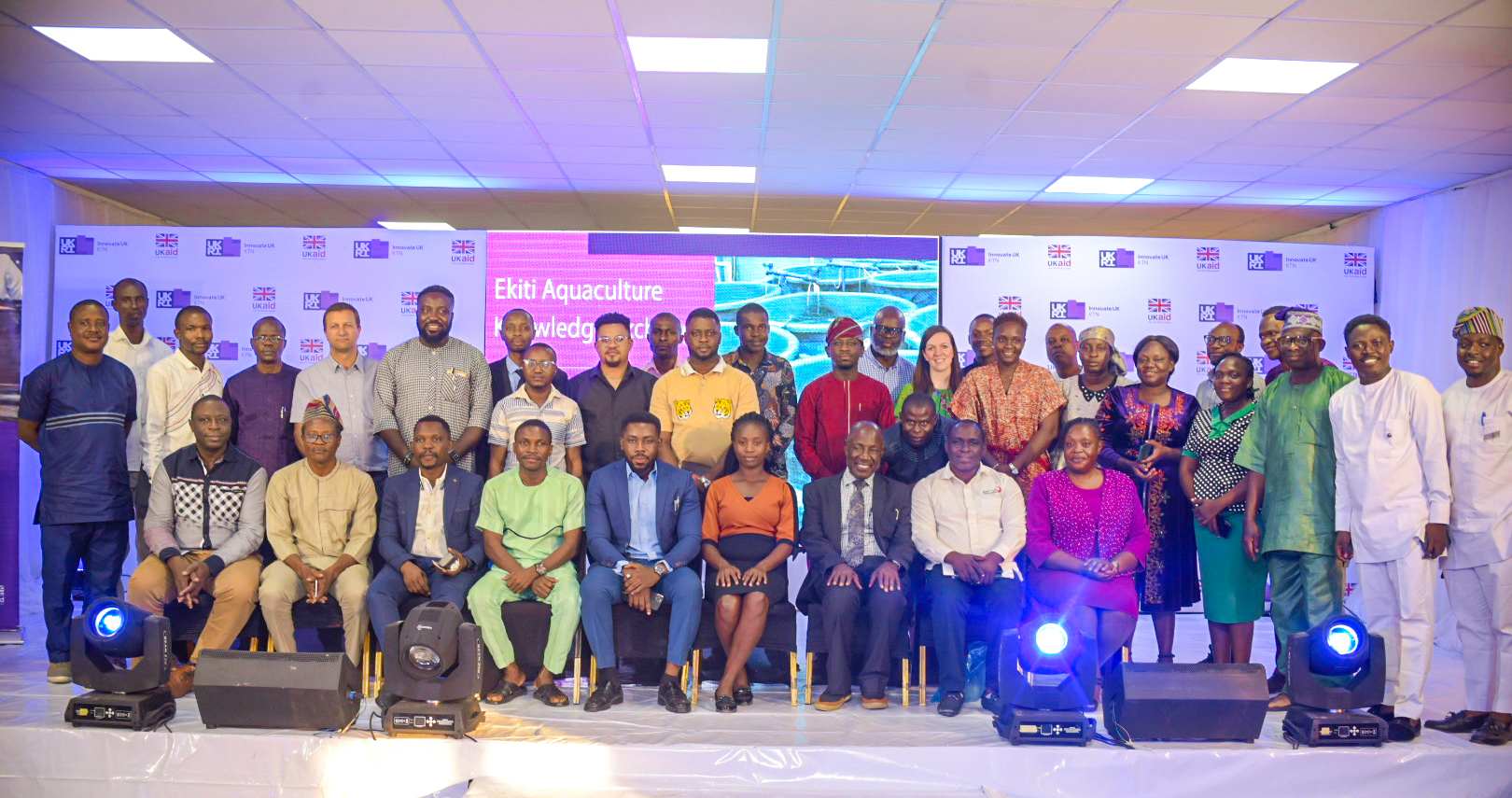
Regarded as one of Nigeria’s agricultural hubs, Ekiti State is well-known for the vast plantations of cocoa, cassava, maize, and palm oil that grow across the country’s South-Western regions. But while crop and plantation-based agriculture has always been a cornerstone of the state's economy, in recent decades an important player has emerged: aquaculture.
Aquaculture, or the farming of fish, has over the past few years developed into a key sector of the Ekiti State economy, thanks to the region’s ideal climate as well as rising demand for seafood across Nigeria. As it stands, Nigerians consume about 2.97 million metric tons of fish per year, while the country produces only about 1.07 million metric tons annually. To fill this huge deficit, consumers rely on imports of about 1.9 million metric tons, which sees some US$ 1.2-billion flow out of the economy and into foreign markets annually. The situation remains the same at the Ekiti State-level, where local fish production sustains less than 1% (or 200 metric tonnes) of the region’s total demand of 26,825 metric tonnes.
Evidently, there are significant untapped commercial gains to be made in aquaculture. What’s more, Ekiti State is well positioned from a socio-economic stance, as the sector offers a viable alternative to traditional farming, where poor soil quality and unpredictable weather patterns often result in low yields for small-scale and more conventional subsistence farmers who dominate the region.
But there are also challenges facing the aquaculture industry, of which one of the biggest is the high cost of feeds and farming materials, complicated by a lack of working capital for small-scale farmers. Unable to sustain high input costs, coupled with poor knowledge of aquacultural best practices and the region’s ongoing battle for energy insecurity, there is now an urgent need to bring together innovative thinking from across the globe, to explore new solutions for fish farming in Ekiti State.
It is against this backdrop that Global Alliance Africa at Innovate UK KTN – together with the support of its Place-Based Innovation Advisory and Design Group for Ekiti State – hosted the first Global Aquaculture Knowledge Exchange and Showcase event on 31 January 2023. Convening an international network of aquaculture ecosystem players, the event brought together representatives from government, academia, fish feed producers, fish farmers and associations, and other key development partners such as World Fish, World Aquaculture Society, IDH, and the Foreign, Commonwealth and Development Office, to explore gaps, existing solutions, and potential areas for innovation to heighten productivity and sustainability in the Ekiti State aquaculture sector.
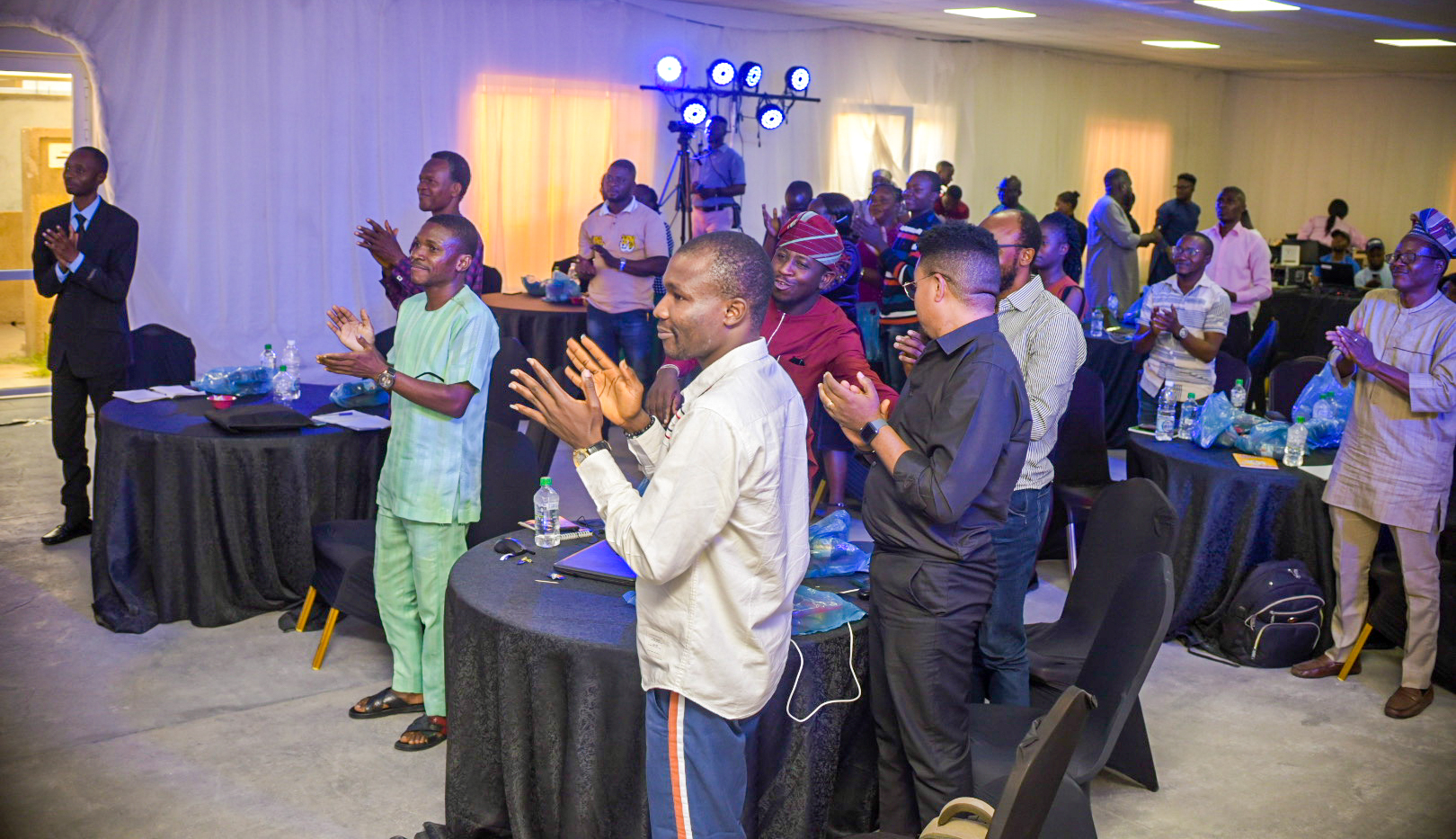
Proceedings began with a welcome from Global Alliance Africa’s Knowledge Transfer Manager for Nigeria, Joshua Adedeji, who remarked on the significance of the local aquaculture industry and noted the strategic importance of the gathering. Adding to this was Sophie West, the Africa Lead for Global Alliance Africa, who reinforced the project’s commitment to making Ekiti State a beacon of innovation by creating new opportunities to transfer knowledge, technology and expertise between the United Kingdom and Nigeria. This was followed by a keynote address by Professor Ayodele Ajayi, a member of the Advisory & Design Board, who reflected on the role that Innovate UK KTN is playing in the region. He noted that:
Innovate UK KTN has enabled us to connect with and learn from a variety of stakeholders in aquaculture sectors, in both Nigeria and the UK, and this has been fundamental to growing our understanding of the region and curating the activities through how we can best support it.
The first knowledge-exchange session of the day looked at the role of innovation and technology to improve the supply, application and sustainability of aquaculture feeds. Presentations were delivered from organisations such as WorldFish, Skretting and the Natural Resources Institute at the University of Greenwich. During this discussion, it was revealed that the current high costs and poor standard of fish feed, combined with limited funding and knowledge-gaps for aquaculturists, is directly impacting the performance of the sector. Worse still, if local farmers are unable to find more affordable and effective feed alternatives, this will result in poorer yields, job losses and ultimately farm closures. To address these issues, the sector must adopt innovative and technology-driven solutions to stimulate farm viability, increase competition, and promote growth in the sector. This begins by investigating alternative forms of feed production and supply; encouraging cooperative practices between farmers; funding research into the use of new technologies; and training farmers on aquacultural best-practices, among others.
After a quick lunch break, the second knowledge-sharing session then looked at the use of alternative proteins and the production of locally-made feed products for farmers, with presentations given by alternate feed producers such as MagProtein, BioLoop and Mana Bio Systems. Here, it was suggested that – as feeds are either imported and then sold to farmers at commercially non-viable prices, or produced at high cost locally due to energy insecurity – that local sustainable production should be prioritised.
Specifically, local producers should look to alternative sources of plant- and insect-based proteins (such as black soldier fly larvae, yellow mealworm, and marine ingredients), which could be leveraged as good quality fish feed ingredients. In doing so, aquaculture stakeholders need to conduct research into the viability of local ingredients; develop pilot projects to test new production capabilities; and onboard research and engineering organisations to develop newer equipment and machinery.
Concluding the event, Global Alliance Africa thanked attendees for their contributions to the day’s proceedings, with Adedeji noting that it is only through engaging with players from across the aquaculture supply and value chains, that Ekiti State will be able to unlock the socio-economic potential of the aquaculture sector.
To this end, Innovate UK KTN, through the Global Alliance Africa project have now published two ‘Aquaculture Knowledge Briefs’ – a resource to guide sustainable growth and development in Ekiti State’s aquaculture ecosystem, with the UK-funded organisation now looking to engage additional government and private sector players, to further drive knowledge transfer of aquaculture innovation and best practices.
About Global Alliance Africa
The Global Alliance Africa project is a six-year project funded by UK Aid through Innovate UK (GCRF) and the Foreign, Commonwealth and Development Office (FCDO).

Follow us for more project updates
Twitter @KTN_Global
Instagram @WeAreGlobalAlliance
Webpage ktn-uk.org/programme/africa
Related Content
Our Experts
Related programmes
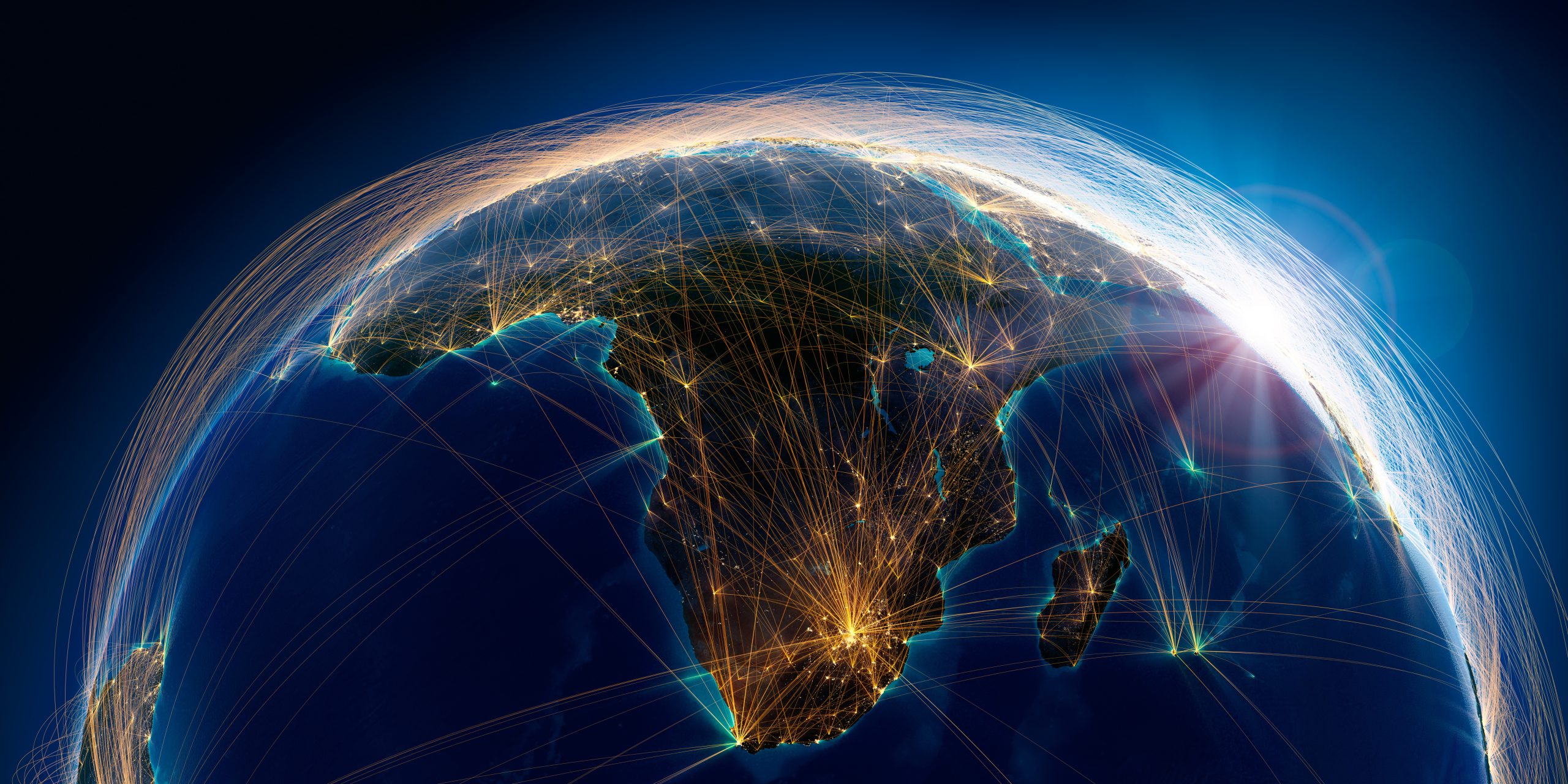
Global Alliance Africa
This Innovate UK Global Alliance Africa 6-year (2019-2025) project funded by UK International Development aims to build new and stronger UK-African partnerships to maximise the creation of inclusive market access, funding and investment opportunities through innovation knowledge transfer between the UK, Kenya, Nigeria and South Africa.

AgriFood Africa Connect
Innovate UK AgriFood Africa Connect brought innovative people and organisations across the UK and Africa together to develop solutions for the sustainable management of AgriFood systems in Africa.


